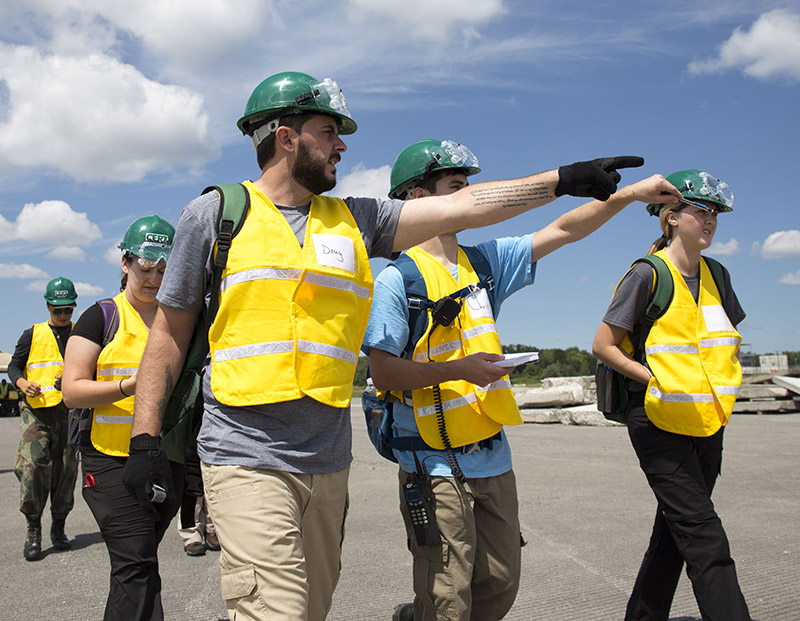Deadlines
- Fall: Rolling
- Spring: Rolling
- Summer: Rolling
There is no departmental assistantship consideration for this program.
Required Application Materials
- Transcripts from all schools attended
- Resume
- Statement of goals
The statement is generally one to two pages discussing what you have to offer the program and what you wish to get out of the program. It should include a brief description of the applicant's field of interest, related background, desired area of study and research emphasis or career goals.
*One or two letters of recommendation are encouraged but not required for admission. Applicants can also supply an optional writing sample but it is not required.
Available information for International Applicants.




